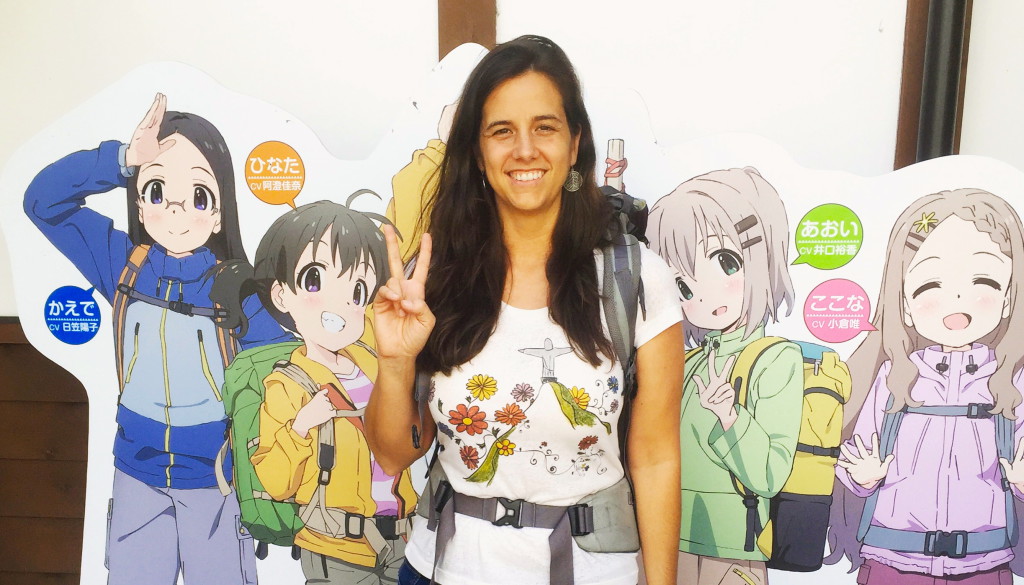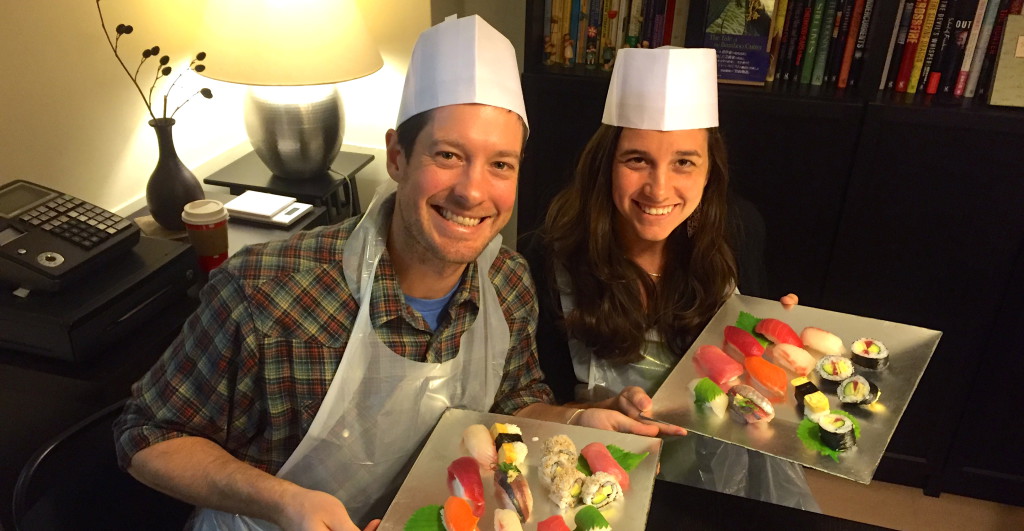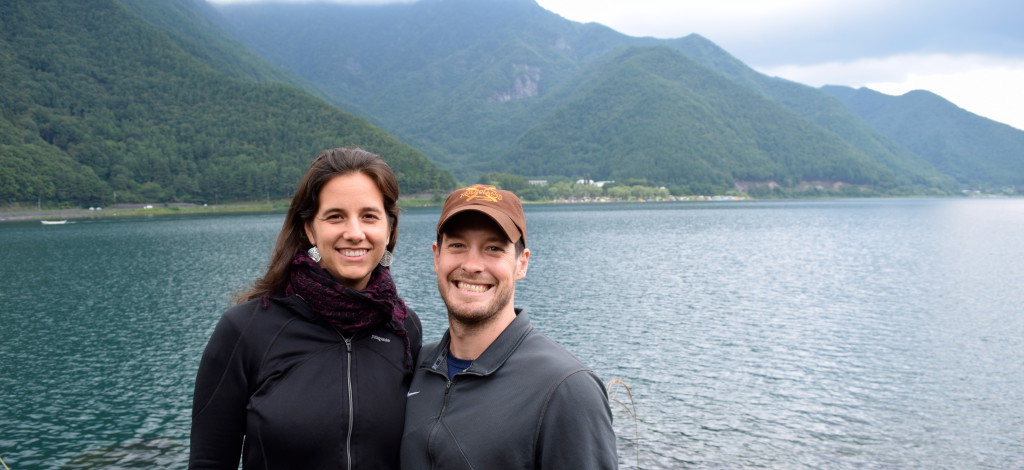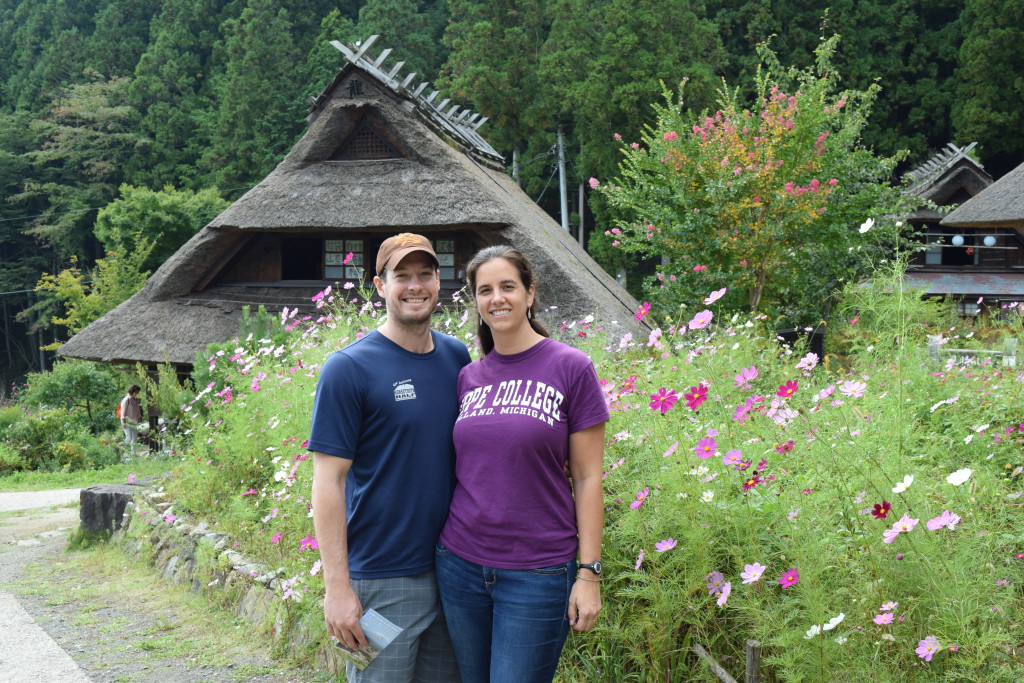By Guest Author Sarah Sanderson
One of the most incredible fellowship opportunities available is one that is not very widely known. The fellowship is called the Rotary International Peace Fellowship and is open to anyone in the world who can show their commitment to making a positive and significant impact on the world. In this article, I’ll explain a bit about how the application process works with some tips that I learned through the process, along with a what you can expect during the grant itself.
Rotary selects one hundred Peace Fellows each year from a pool of applicants varying anywhere from three hundred to six hundred that made it to the final screening. Fifty of those candidates go on to complete a fully-funded M.A. program in either Peace and Conflict Resolution or International Relations in Rotary Peace Centers located in Japan, Sweden, North Carolina, Australia and England. The other fifty complete a three-month professional development certificate in Thailand. Part of what makes you a competitive applicant is thoroughly researching the study centers and particular programs offered to find out which is the best fit for you and why.
I first heard about the Peace Fellowship from my graduate school adviser who urged me to check into Rotary International because of their value and focus on community health, education, service and leadership. They offer an amazing amount of funding and opportunities for students and young professionals to develop and execute a project or attend graduate school abroad. For example, if the Peace Fellowship isn’t right for you, I highly recommend looking into a similar opportunity they offer called the Rotary Foundation Global Grant Scholarship, which also supports graduate study or vocational training for teams.
The most important requirement when applying for a Peace Fellowship is connecting with and getting to know your local Rotary club. Research the fellowship online thoroughly as many club members are not familiar with the program. Find out the weekly meeting time and venue of your club and then contact the president or secretary to ask to attend the next meeting. Talk to as many members as you can and explain why you are interested in the Peace Fellowship. Before I applied, I attended my local club meetings and many neighboring meetings as much as I could. You will probably be asked to give one or multiple presentations during these meetings about your background and why you would be a good candidate for the fellowship. You will most likely be assigned a mentor who can help you through the application process, which is a huge benefit.
A second requirement of the application process is plenty of patience as the whole procedure can take years. I first wanted to apply in 2013 but after I had the required official interview with my club, I was advised to wait a year to gain more work experience that would make me a more competitive candidate. I officially applied in 2014 and was glad that I had waited. After I had a second interview with my local club, I was recommended as a candidate and my application was forwarded to the District level. At this point, I was asked to give several more presentations at various clubs around the District including one at the District Conference. After completing the written application, which requires some essay questions and letters of recommendation, the final step was an interview with the District Committee – ten to twelve board members who are familiar with the program and the profiles of past candidates. If you gain the committee’s approval, they forward your application on to the Rotary International selection committee in June.
I found out that I was selected as a candidate in late October 2015 and began my application to graduate school at the Rotary Peace Center in Japan. I found out that I was officially accepted in April and began making preparations to arrive in Tokyo on the first of August. One of the huge benefits of studying with Rotary is that they not only take care of you, but they take care of everything else; there’s an incredible amount of support along each step of the process, both logistical and financial. The fellowship is fully funded and provides all tuition and fees, round-trip transportation, a generous monthly stipend, language training and a fully funded summer internship or AFE (applied field experience) with an organization and in a region of your choice.
Rotary strives to create a diverse pool of candidates and at my Peace Center there are fellows from all over the world (India, England, Australia, Bangladesh, Malaysia, Denmark, etc.), from a variety of disciplines (education, journalism, law, refugee resettlement, literature, NGOs, etc.) and with a large age range (27-45). The most important thing in your application is to explain how your past experience can contribute to making you a valuable asset to a diverse team and how you will use a degree in peace studies to make a bigger and more significant impact upon completion.
So far, I’ve had an incredible experience with Rotary in Tokyo. I was assigned my own local Rotary host counselor who helps me with any questions or problems that I have. The university classes are challenging and interesting and I’m also studying Japanese. There are plenty of opportunities for volunteer work in the community and it’s been a privilege to get to know and learn from my cohort. For my AFE this summer, I’ll be interning with the U.S. Embassy in Mozambique in the Public Affairs section focusing on the impact of language education and international exchange. Other fellows are planing to develop their own independent research project, intern with the United Nations, or get involved with an NGO.
The application process for the Peace Fellowship was a big commitment, but through it I learned a lot about the Rotary organization itself and I’m very glad that I stuck with it. A chance to earn a M.A. in peace building at some of the oldest and well-known peace centers in the world is an opportunity that I will never regret and one that I hope you’ll have the chance to experience as well.
Sarah Sanderson is from Holland, Michigan and graduated from Hope College with degrees in Biology and Spanish. She completed her M.A. in Spanish Linguistics at The Ohio State University and has spent the last six years teaching abroad with CIEE in China, on a working holiday visa in New Zealand and on a Fulbright fellowship in Brazil. She is currently studying at International Christian University in Tokyo, Japan on a Rotary Peace Fellowship where she is joined by her husband, Sean.
© Victoria Johnson 2016, all rights reserved.




Thanks for sharing! Great story and info on the process.